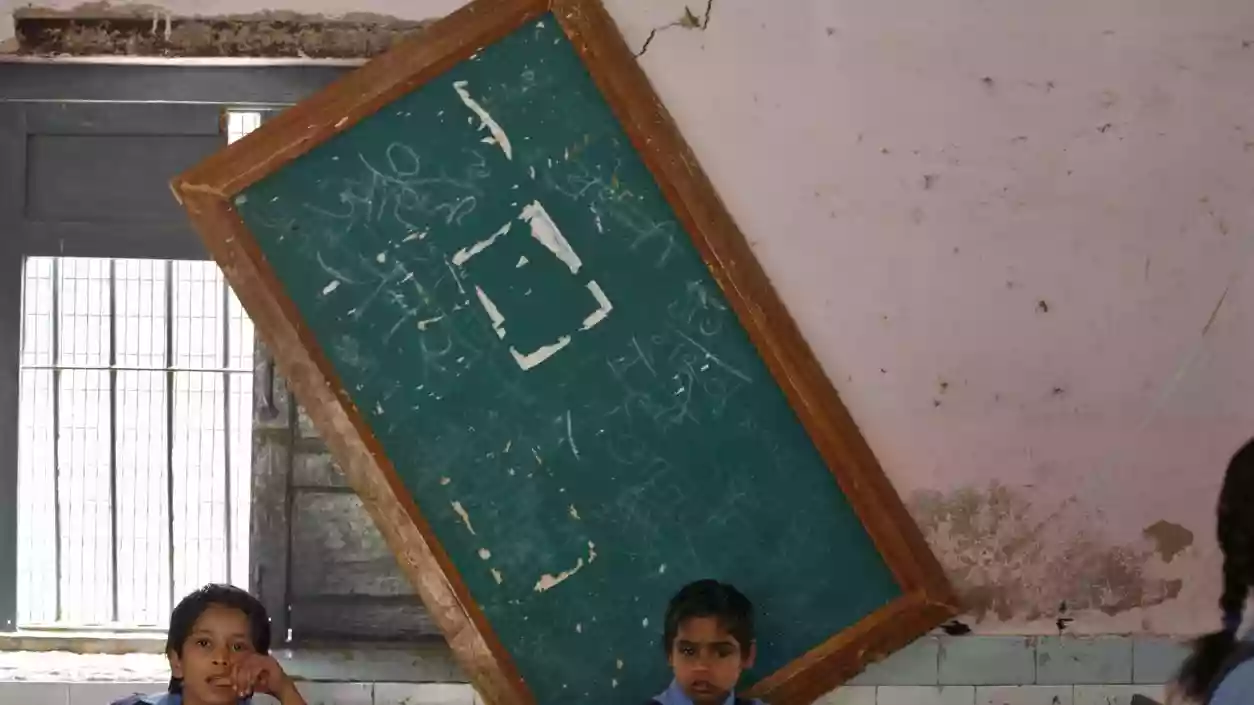Mamata calls urgent meeting at Nabanna tomorrow, key administrative officials to attend
.gif)
.gif)

Government schools in West Bengal are facing a severe financial crisis, with 75% of the funds for the academic year still unpaid. Each year, schools in the state receive a composite grant from the education department, typically totaling ₹1 lakh per school. This grant is meant to cover the maintenance and basic operational costs of the school. However, for the current year, schools have only received ₹25,000, leaving a shortfall of ₹75,000 for each institution. This lack of funding has placed immense pressure on schools, affecting their ability to function effectively.
In response to the funding shortfall, many schools are turning to alternative sources of financial support. Some schools have started borrowing essential supplies, such as chalk, dusters, and registers, from local shops on credit. In certain cases, school authorities have resorted to selling fish from local ponds to raise money for basic school materials. Additionally, some schools are seeking donations from local residents and NGOs to cover the cost of educational supplies and maintain daily operations. These ad-hoc measures are being implemented as schools struggle to make ends meet without the necessary financial resources.
Contract workers, who are integral to the functioning of many schools, are also facing payment delays due to the lack of funds. Many schools have not been able to pay their contract teachers and staff, further compounding the financial difficulties. The delay in salary payments has led to frustration and unrest among school staff, who are now looking for other means to secure their livelihoods. Some schools are relying on internal contributions from staff and the local community to ensure that staff members are compensated for their work.
The funding delay is a result of the failure to disburse the full composite grant from both the state and central governments. While the education department allocates ₹1 lakh per school, only ₹25,000 has been released so far this year, leaving a substantial gap. Furthermore, the state government has stated that it is waiting for ₹1,200 crore in funds from the central government, which is adding to the delay. The financial shortfall has led schools to seek support from local donors, but these measures are seen as temporary solutions that do not address the root cause of the funding crisis.
The financial instability has raised serious concerns about the sustainability of government schools in the state. Many schools are unable to afford basic teaching materials, and without additional funding, their ability to function effectively remains in jeopardy. While some schools are managing to keep their doors open by relying on local support and borrowing, there is growing concern about how long these measures can continue. The ongoing delay in funding continues to strain schools, and without immediate intervention, the situation may worsen, further impacting the quality of education in the state.